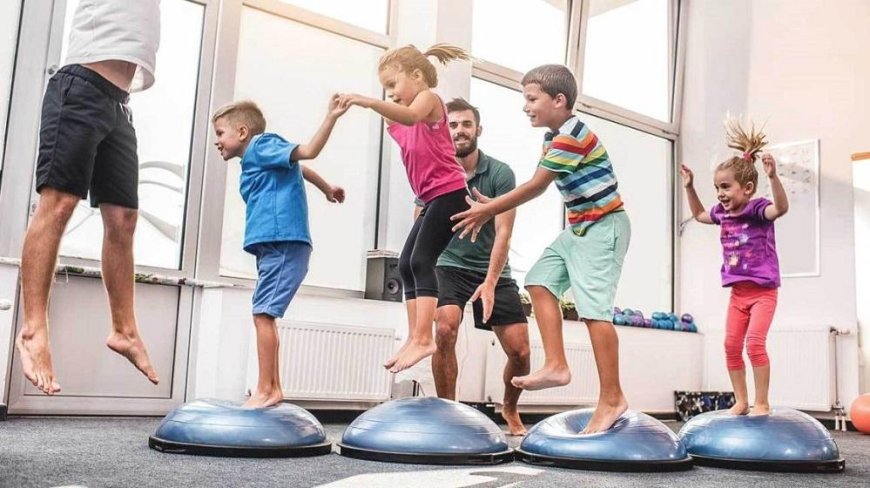Sports and emotional flexibility in children
active at an early age are less prone to emotional problems at age 12 than their peers. Sports and emotional flexibility in children.

When a child reaches the age of 5-6 years, parents often think about giving it to the sports section. And this is a smart decision. A recent study by Canadian psychologists found that children who are physically active at an early age are less prone to emotional problems at age 12 than their peers. Sports and emotional flexibility in children.
The study claims that physical activity has many benefits for children. All parents are well aware of how harmful a sedentary lifestyle is for a child. However, in addition, active games and sports develop the child physically and mentally. And many parents instinctively guess about it.
The essence of the study was that scientists observed children from birth to 12 years of age. The researchers wanted to find out whether regular exercise at the age of 6 to 10 affects the level of stress, anxiety, shyness and social isolation at the age of 12, when a child is at increased risk of such emotional states.
Children were observed from birth so that scientists could carefully investigate family conditions that could affect a child's emotional development.
At the time the study participants were 6 to 10 years old, their parents reported whether their child was involved in sports or other physical activities. When children reached the age of 12, teachers reported the levels of stress, anxiety, shyness, and social isolation they felt.
Must Read: Why kids don™t need to be the best
The study found that children who played sports regularly between the ages of 6 and 10 were less likely to suffer from emotional problems at age 12 than their peers who did not play sports regularly. Such features were in no way related to the family conditions in which the children who participated in the experiment were brought up, nor to the individual features of their psyche.
œAs a result of the study, we came to the conclusion that active sports activities contribute to their comprehensive development. Physical activity is of great benefit not only in terms of physical development, but also the formation of social skills and emotional stability.
Emotional resilience is extremely important for children who go from primary to secondary school, because during this period they face more difficult tasks. Therefore, the call to parents to support the physical activity of their children is not just a tribute to fashion, but a well-founded recommendation that will be of great benefit to the child. "
